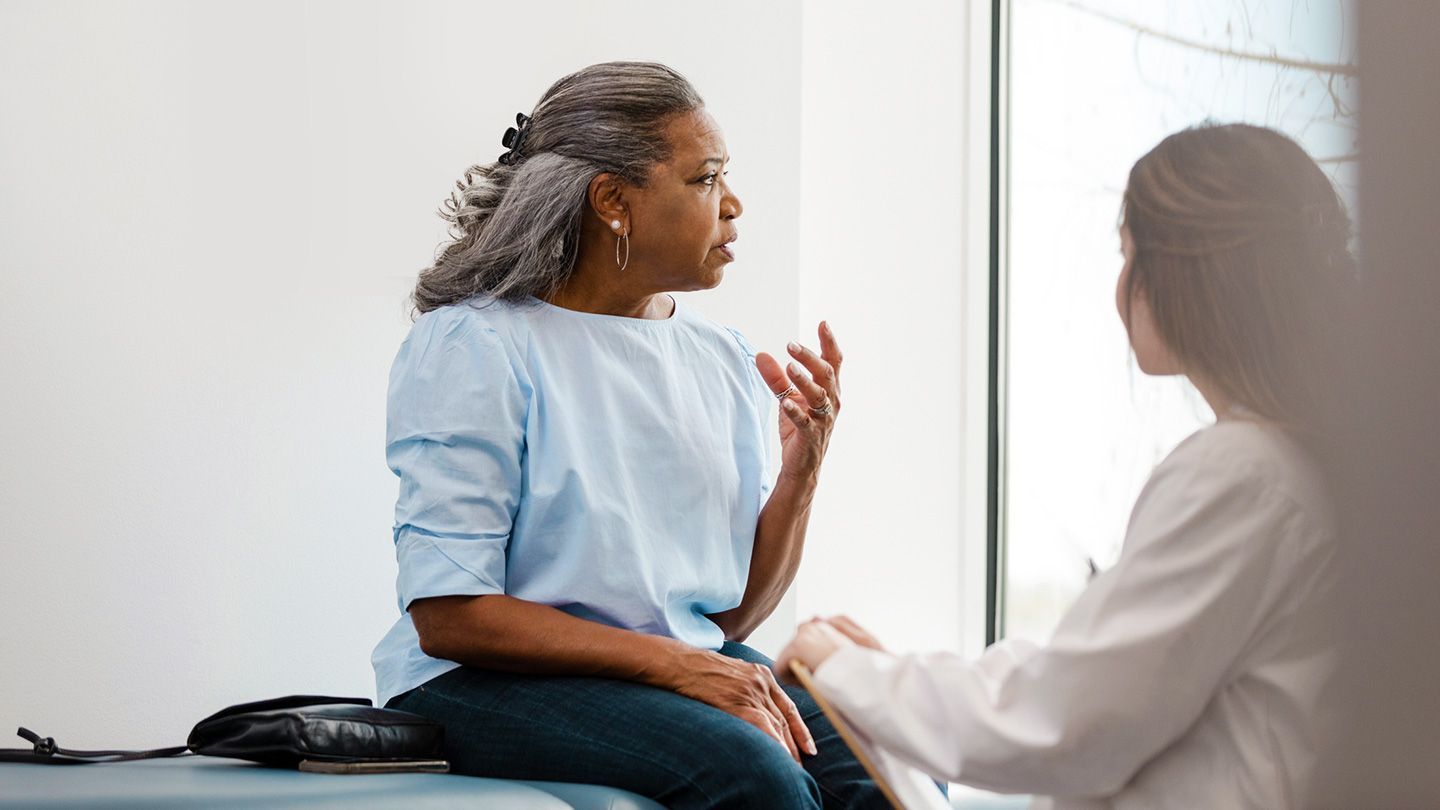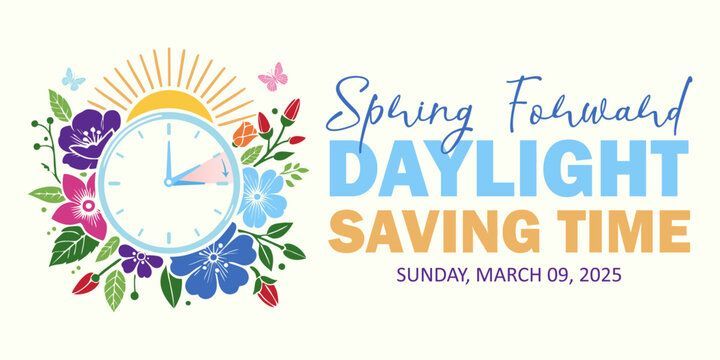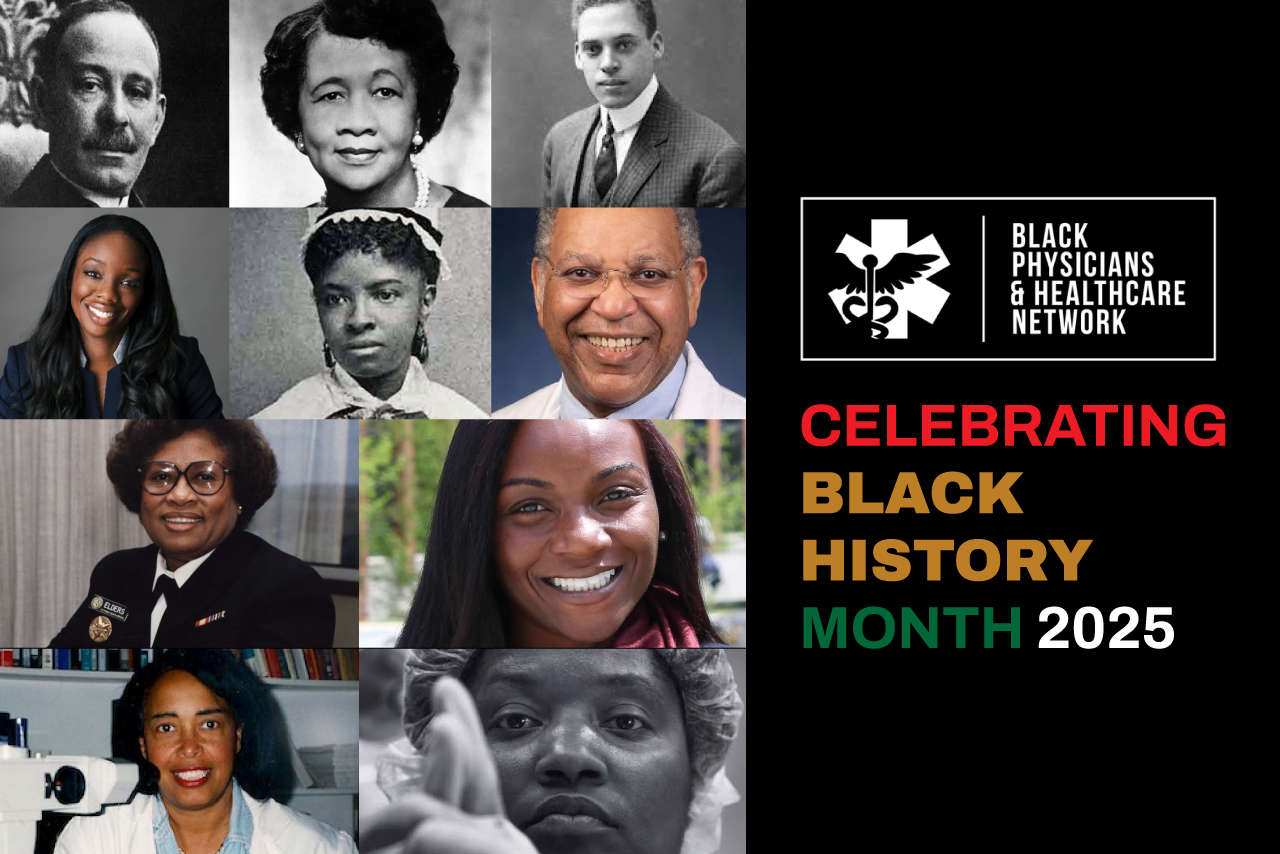‘A sense of obligation’: College of Physicians and Penn Medicine start program to inspire young Black men to practice medicine
For some time, higher education institutions have been striving to improve diversity in the area of medicine. Thankfully, in recent years there has been an upturn in the amount of Black, Hispanic and female medical school applicants and entrants.
Shockingly, a mere 5% of physicians in the U.S. are categorized as Black or African American. Consequently, it remains difficult for young Black men to gain admission into medical school.
The program, named after Dr. Edward Holloway and Dr. DeHaven Hinkson — the College of Physicians of Philadelphia’s first Black fellows in 1952 — is eligible for high school seniors and incoming first-year college students pursuing a medical career. The program aims to provide young Black men with networking opportunities, STEM training, and mentoring.
“The number of Black male applicants within the med school pool has steadily decreased since about the 70s,” said Dennis Mashindi, program coordinator. “The issue that we’re seeing is the medical field in regards to physicians isn’t accurately reflecting the American population.”
For Mashindi, increasing the number of young, Black physicians starts with representation. And growing up, Mashindi was not surrounded by many physicians who were Black men.
“If there was anyone Black within the healthcare field,” he said, “It was a Black woman who would be a nurse.”
Mashindi will work with the College of Physicians of Philadelphia and Penn’s Perelman School of Medicine to help Black men pursue their academic careers through peer mentorship.
“The lack of proper networks and support systems to tell these people, ‘You can do it, and you will, be successful,’” he said, “I think that’s what’s very important. Introducing those types of networks early.”
Dr. Steven Handler, currently a fellow at the College of Physicians, had a very personal reason for supporting the new program.
“I’m Jewish. I have families come to me because they’ve heard I’m Jewish. They come to me and there is a kinship,” he said. “I think that people of color feel the same way when they see a physician of color. There’s a kinship, there’s a connection. There is a relationship that’s forged there that allows a better exchange of information, of trust, continuity of care, adherence to treatments.”
Dr. Horace DeLisser, associate dean for diversity and inclusion at Penn’s Perelman School of Medicine, will be one of many Black professionals that students can expect to have access to.
“It’s almost a truism that every Black male physician that I know wants to give back in some way,” DeLisser said. “They want to be able to leverage their journey and their success.”
He said that early disinterest is one of the challenges of recruiting Black men into medicine.
“The motivation for doing medicine has to be there,” he said. “I think a large part of it is just developing that passion and seeing it. Being around people who are physicians, particularly who are Black men.”
He also added that this new program won’t solve every challenge — it’s only one way to help.
“How will we ever come to a day when we don’t need this?” he asked. “If we get rid of poverty and racism, then there would be no need for it. But I think on some level what we’re dealing with are consequences of these larger societal issues.”
The Hinkson and Holloway Mentorship Program enrollment is open until Feb. 28. There are no costs associated with the program, and accepted applicants will be given a stipend.
Eight to twelve high school seniors from the Philadelphia region and incoming college freshman are needed for the program's initial cohort, which will begin in the fall of 2023. Throughout the 2023–24 academic year, there will be monthly in-person events between The College of Doctors and the University of Pennsylvania.
Credit Marcus Biddle, ‘A sense of obligation’: College of Physicians and Penn Medicine start program to inspire young Black men to practice medicine https://whyy.org/articles/black-men-in-medicine-college-of-physicians-upenn-perelman-school-of-medicine/
















